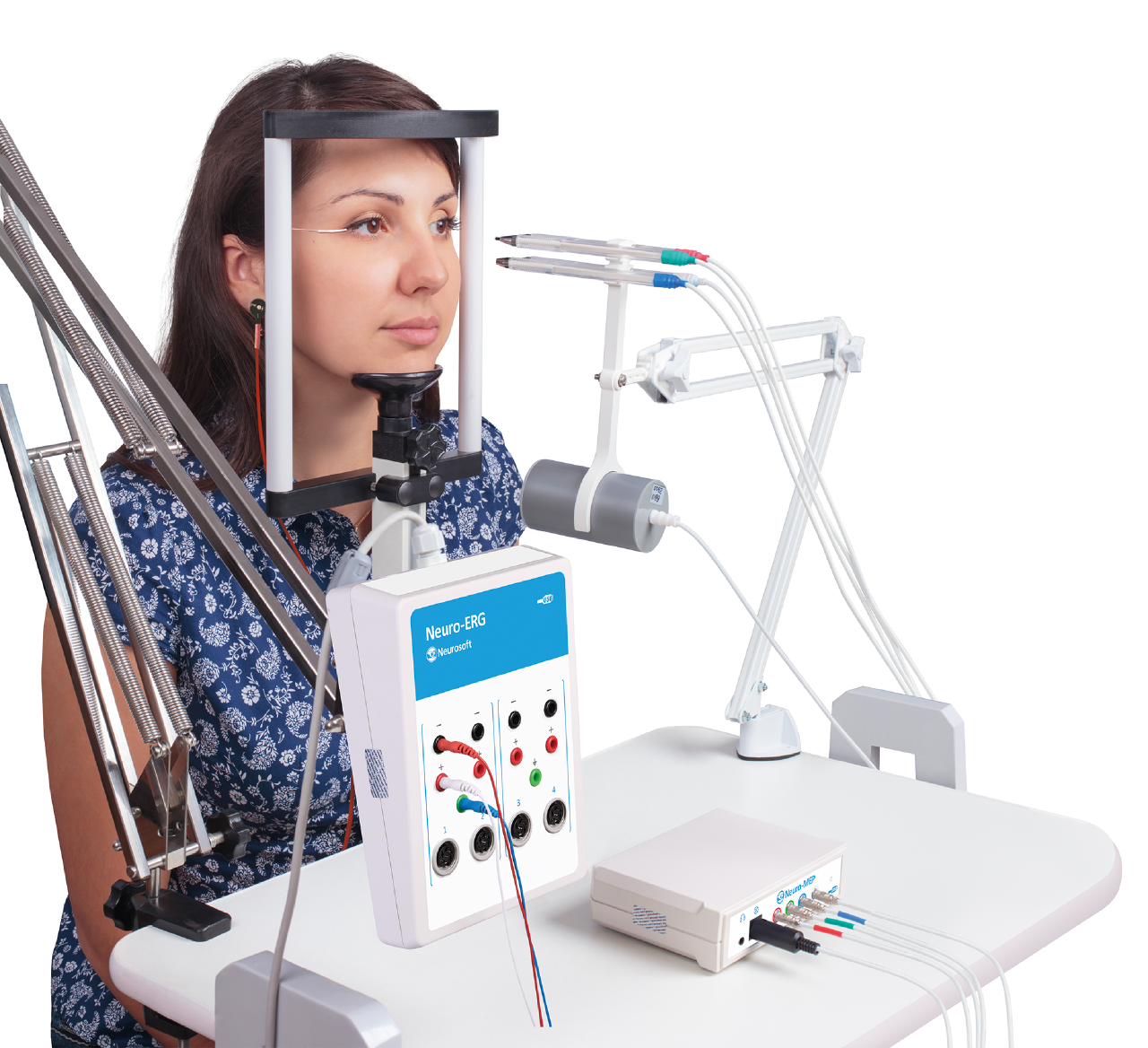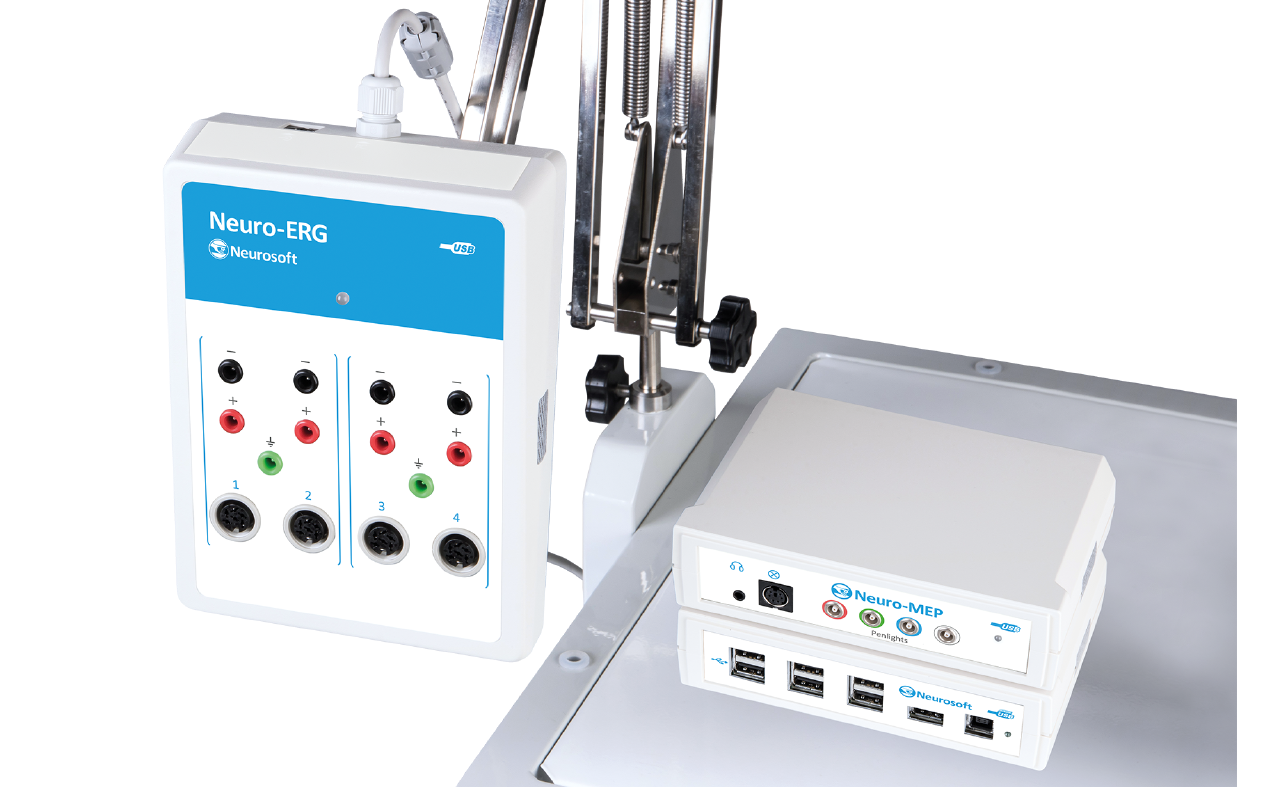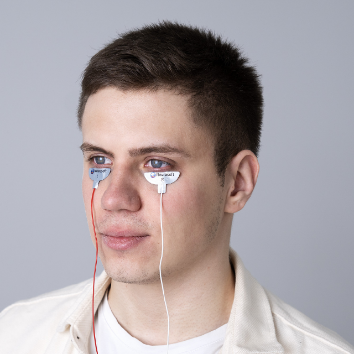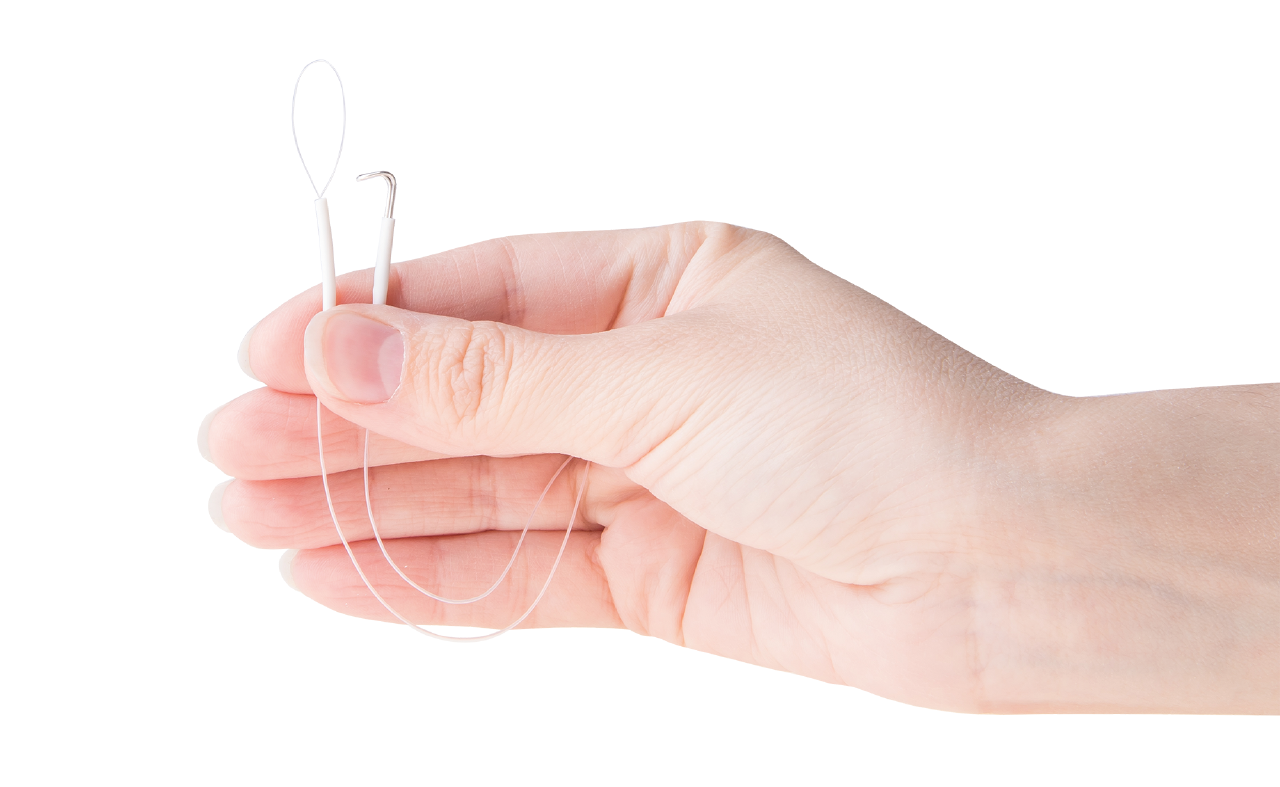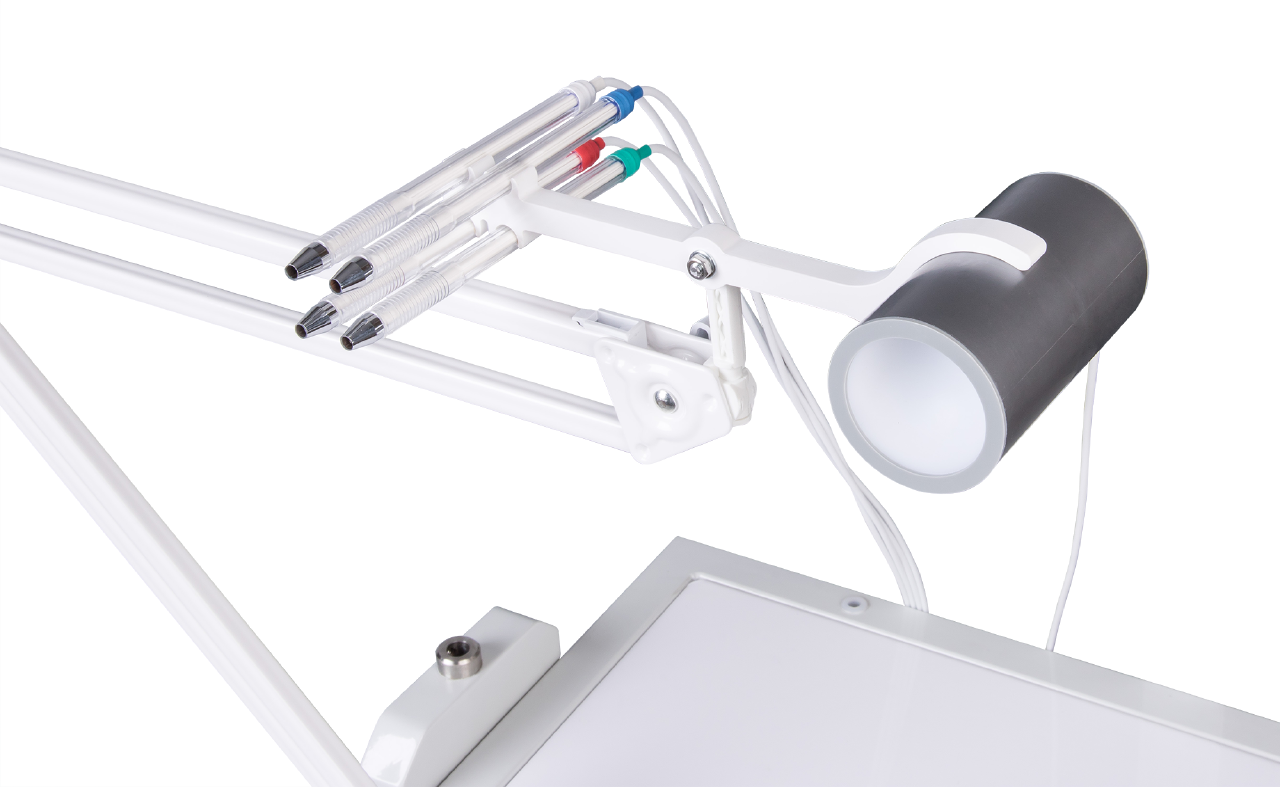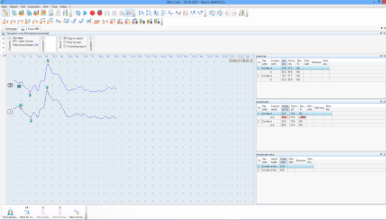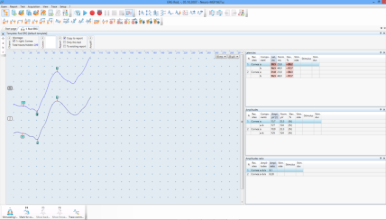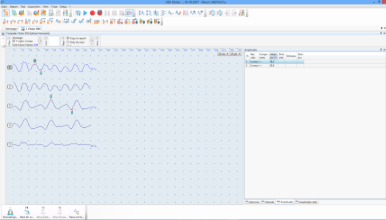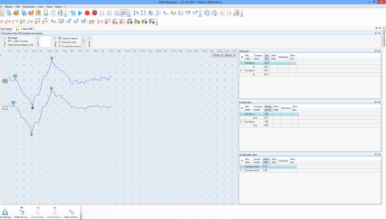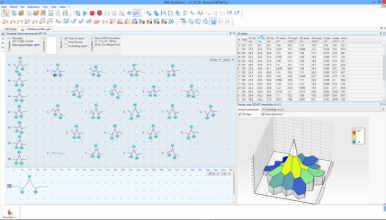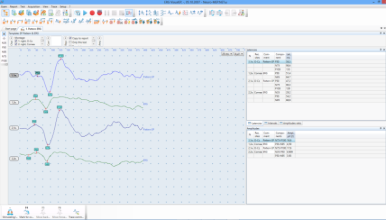Neuro-ERG
Digital System for ERG and Visual EP Study
- objective vision test and analysis of the retinal function
- set of specially designed electrodes
- mini Ganzfeld stimulator for main tests
- penlights with concentrators for focal tests
- solution for a whole range of clinical tasks
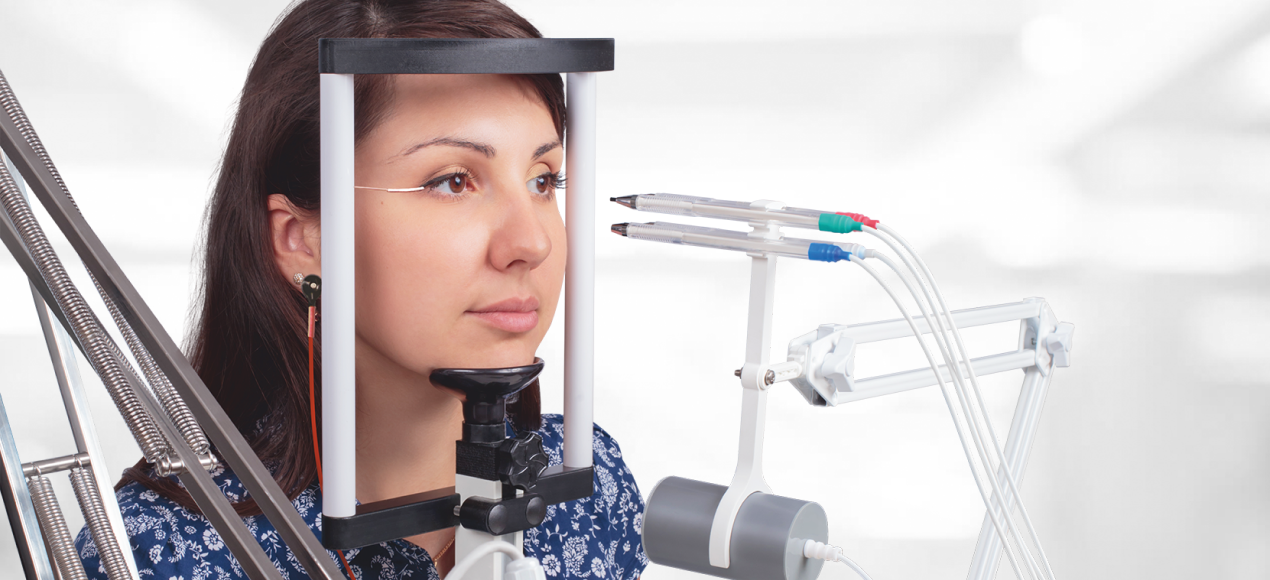
Learn more about methods and equipment
Description
Objective Vision Test and Analysis of the Retinal Function
- Rod ERG (Dark-adapted 0.01 ERG)
- Maximal ERG (Dark-adapted 3.0 ERG)
- Cone ERG (Light-adapted 3.0 ERG)
- Pattern ERG
- Focal ERG (Macular ERG)
- On/off ERG (Long-duration Light-adapted ERG)
- Flicker ERG (Light-adapted 3.0 Flicker ERG)
- Oscillatory potentials (Dark-adapted 3.0 Oscillatory Potentials ERG)
- Flash and Pattern Visual EP
- Steady-state Visual EP
- Electro-oculography (EOG)
- Multifocal ERG
- Multifocal Visual EP
Neuro-ERG system can be used to examine the patients of different age groups including newborns.
Neuro-ERG complies with the standards approved by the International Society for Clinical Electrophysiology of Vision (ISCEV).
Set of Specially Designed Electrodes
The set of unique ERG electrodes is supplied with the device. The electrodes were specially developed with the assistance of A.M. Shamshinova — M.D., the leading Russian specialist in vision electrophysiology, the main researcher of the Moscow Scientific Research Institute of Ophthalmic Diseases (Helmholtz).
The electrodes are constructed in the form of small “hooks” and “loops”. The electrodes of such shape do not cause unpleasant feelings in a patient during the exam and are very convenient in use for a doctor. While the “lens-sucker” electrodes which are widely used in clinics prevent the patient from concentrating on the exam because of “excessive mobility”. It results in lots of noises that affect signal quality.
Moreover, many specialists consider the use of “lens-sucker” electrodes to be improper in some exams (for example, at focal or cone ERG), as the main condition is not fulfilled, that is the test performing in the photopic conditions.
Mini Ganzfeld Stimulator
To perform the main tests (cone ERG, rod ERG, flicker ERG, oscillatory potentials), the mini Ganzfeld stimulator manufactured by Neurosoft is used. This device complies with ISCEV requirements. The compact design of the stimulator is user-friendly and ensures high-quality results.
Penlights with Concentrators
To perform such tests as focal ERG or cone ERG on color stimuli, the penlights with concentrators (red, blue, green, white) are used. They are placed on the special holder. It solves the problem of the stimulator fixation near the pupil.
Surface non-invasive disposable gel electrodes for electroretinographic studies*
Compared to invasive electrodes that are in contact with the cornea, these electrodes provide slightly lower response amplitude but they have great advantages in use. Electrodes are very easy and quick to attach, comfortable for patients and do not require anaesthetize and healing medications, since there is no risk of damage to the cornea of the eye.
Solution for a Wide Range of Clinical Tasks
ERG allows detecting the pathological process in the inner and outer layers of the retina, in its central and peripheral parts. The technique makes it possible to study the state of rod and cone systems separately.
The important application of this technique is the diagnostics of initial changes in the retina. The electroretinogram changes are common for many retinal diseases. They allow assessing the injury level.
ERG is also required to make a differential diagnosis of the retina and visual nerve. In this case, it is done together with visual evoked potentials (VEP) study. Electroretinography as other neurophysiological techniques is nosologically nonspecific. It is impossible to detect the cause of ERG change using the trace. However, the right choice of ERG recording conditions allows for solving a wide range of diagnostic tasks. It makes this study very important in ophthalmological practice.
The list of articles on research using Neuro-ERG at Google Scholar.
* available not for all regions
The support of HL7 standard allows integrating all diagnostic Neurosoft systems into the information system of a healthcare facility.-
 00:00
00:00 -

Penlights with Concentrators
-

Robust Amplifier and Stimulator with Advanced Parameters
-

Silver Electrodes
-

Hydrogel Pads
-

-

Mini-ganzfeld Stimulator
-

Cone ERG (Light-adapted 3.0 ERG)
-

Maximal ERG (Dark-adapted 3.0 ERG)
-

Flicker ERG (Light-adapted 3.0 flicker ERG)
-

Focal ERG
-

Multifocal ERG
-

Simultaneous acquisition of VEP and PERG
Delivery Set
The delivery set can differ from country to country. Request the actual delivery set for your country from your local representative.
| Neuro-MEP.NET software license with Neuro-MEP.NET/ERG module | 1 pcs. |
| Neuro-ERG electronic unit | 1 pcs. |
| Auditory-visual stimulator unit | 1 pcs. |
| H-4S Holder | 1 pcs. |
| Holder mount | 1 pcs. |
| Electrode holder | 1 pcs. |
| KM-7-2 USB hub with cable | 1 pcs. |
| USB-hub KM-7-2 electronic unit | 1 pcs. |
| USB cable (A-B) (1,8 m) | 1 pcs. |
| SCZ-1 mains supply cable | 1 pcs. |
| KM-7-2 USB Hub user manual | 1 pcs. |
| USB cable (A-B) (1,8 m) | 1 pcs. |
| SVGA extension cable | 1 pcs. |
| Visual stimulator (LED goggles) | 1 pcs. |
| Сonductive and abrasive paste, G999 (EVERI) | 1 pcs. |
| Transpore medical tape | 1 pcs. |
| Cup EP electrode with cable EEP (5 pcs.) | 1 pcs. |
| Y-adapter | 2 pcs. |
| Corneal loop electrode | 25 pcs. |
| Corneal hook electrode | 5 pcs. |
| Adapter for corneal electrode | 2 pcs. |
| Ear EEG electrode | 2 pcs. |
| Forehead and chin support assembly | 1 pcs. |
| Cable for bridge or ear EEG electrode (white, 1 m) | 2 pcs. |
| Set of penlights with concentrators (red, blue, green, white) | 1 pcs. |
| Holder for penlights and mini-ganzfeld stimulator | 1 pcs. |
| Mini-ganzfeld stimulator | 1 pcs. |
| Technical Manual «Neuro-MEP», «Neuro-ERG» | 1 pcs. |
| Warranty certificate | 1 pcs. |
| Annex to user manual «Exam Manager» | 1 pcs. |
| Package set | 1 pcs. |
| Package set | 1 pcs. |
Options
-
Нейро_МВП_Нейро_ЭРГ_Регистрационное удостоверение_UZ_21.01.2020
12,65 MB
-
Регистрационное удостоверение Нейро-МВП, Нейро-ЭРГ
6,75 MB
-
Декларация о соответствии Нейро-МВП_Нейро-ЭРГ_RF_19.04.2021
406,78 KB
-
Сертификат о признании утверждения типа СИ в Республике Казахстан
522,52 KB
-
Нейро-МВП, Нейро-ЭРГ, Нейро-Аудио_Регистрационное удостоверение_KZ_25.02.2021
627,92 KB
-
Certificate of Compliance for Neuro-MEP family
2,68 MB
-
Свидетельство о регистрации ПО Нейро-МВП.NET
1,99 MB
-
Registration certificate_Neuro-ERG_Indonesia
2,27 MB
